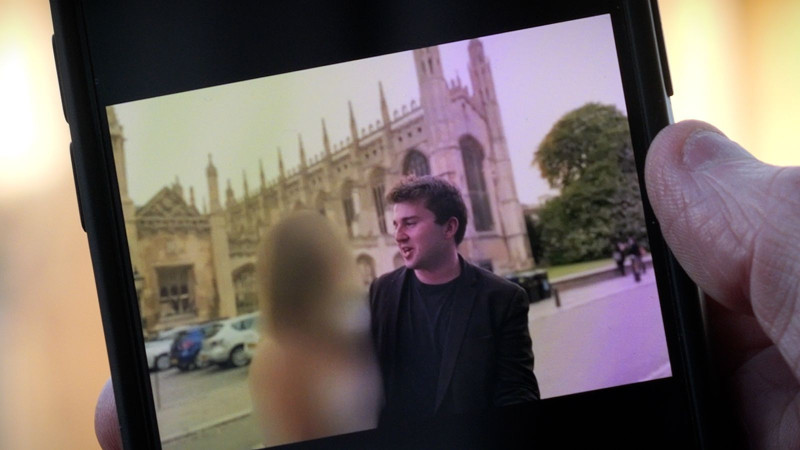“It looked so realistic, no one but me would have understood it. It was like he was seeing me (naked) but it wasn’t me”
The growing use of artificial intelligence (AI) to create realistic but fake nude images of real women is being warned by organizations and internet experts, a trend that appears to be ‘normalising’ as it is not subject to legal checks.
In fact, deep fake pornographic images seem to be causing more and more concern in schools. A recent survey by Internet Matters found that 13% of teenagers had an experience with nude deepfakes, while the UK’s National Society for the Prevention of Cruelty to Children (NSPCC) told Sky News that “a new evil is developing”.
What 2 female victims complain about
Sky News met two victims of this relatively new trend who describe their experience and say the law needs to go further.
Earlier this year, 33-year-old influencer and former reality TV contestant Kali Jane was horrified to discover that someone had used AI to turn a photo of her from an underwear ad into a topless one and shared it online.
“It looked so realistic, no one but me would have understood it. It was like he was seeing me (naked) but it wasn’t me,” he said.
When Callie reported what had happened to the police, she tried to get them to treat it as a crime. “They didn’t really know what they could do about it and because the website that hosted the image was global, they said it was out of their jurisdiction,” he said.
A second woman, ‘Jodi’ (not her real name) from Cambridge, also fell victim to deep fake porn.
Jodi was tipped off by an anonymous email that she appeared to be appearing in a sex video on a porn website.
“The images I posted on Instagram and Facebook, which were fully clothed, were manipulated and turned into sexual material,” she said.
Jodi began to suspect that someone she knew was the perpetrator, posting photos online and encouraging users to falsify them
Then she found a particular photo of her, taken outside King’s College in Cambridge, that only one person had – her best friend, Alex Wolfe.
Woolf, who once won BBC New Composer of the Year, was later convicted of offenses against 15 women, largely due to Jodi’s own persistence and research.
Even then, his conviction only concerned the offensive comments attached to the images, because, in Britain at least, while it is illegal to share images – it is not a crime to ask others to create them.
Source :Skai
I am Terrance Carlson, author at News Bulletin 247. I mostly cover technology news and I have been working in this field for a long time. I have a lot of experience and I am highly knowledgeable in this area. I am a very reliable source of information and I always make sure to provide accurate news to my readers.











